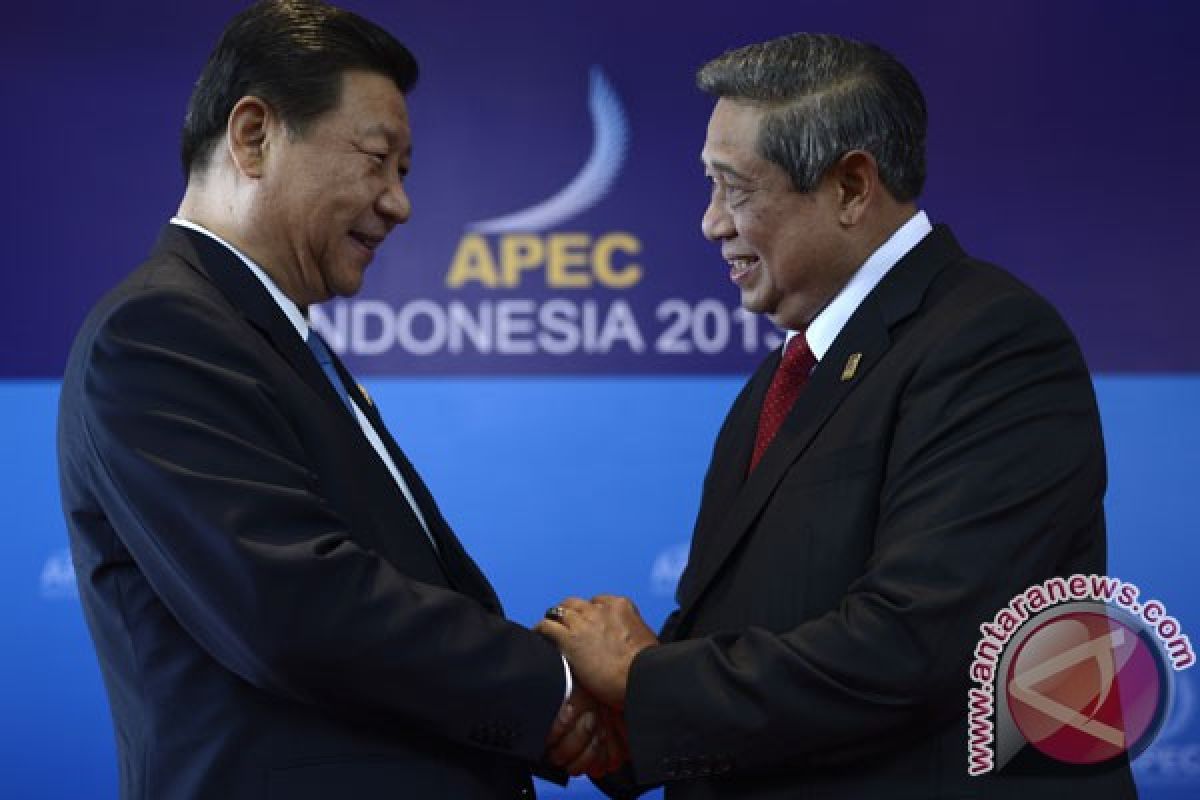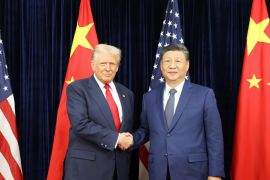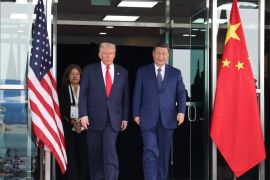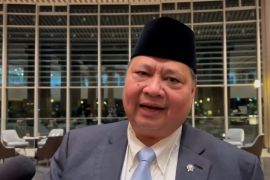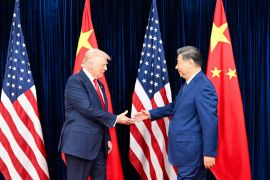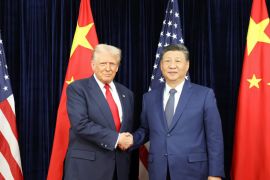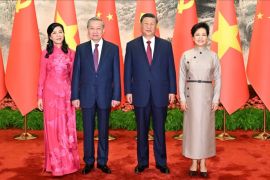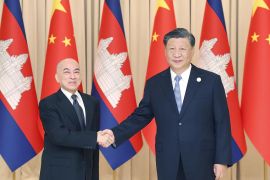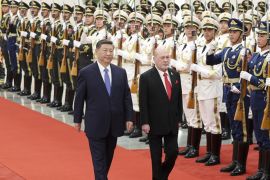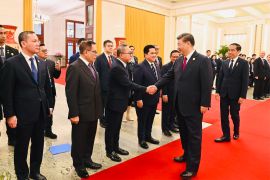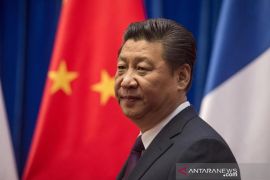We have once again made history by agreeing to forge a comprehensive strategic partnership."Jakarta (ANTARA News) - The recent visit of Chinese President Xi Jinping to Jakarta was a historic one as it has lifted the two countries` bilateral relations to the level of a comprehensive strategic partnership in various fields.
Indonesia and China have agreed to enhance cooperation in the fields of industry, infrastructure development in the transportation sector, financial services, tourism, education, and the creative industry. China also plans to open a consulate general in Bali to strengthen bilateral ties.
On the first day of Xi`s visit, at least six cooperation agreements were signed, which among other things included tie-ups related to the Sino-Indonesian integrated industrial estate, economic and trade cooperation, cooperation over maritime and fisheries, tourism, meteorology and climatology, as well as space exploration for commercial and peaceful purposes.
"We have once again made history by agreeing to forge a comprehensive strategic partnership. I believe that under the leadership of President Xi Jinping we will be able to improve our bilateral cooperation in the future," President Susilo Bambang Yudhoyono stated.
Yudhoyono pointed out that Indonesia-China ties had been developing rapidly since the two countries initiated a strategic partnership in 2005.
With China`s national strength and international status on the rise, it was of vital importance to the region and the world at large that China maintained its stability and development, added the Indonesian leader.
Indonesia, he said, attached great importance to its ties with China and hoped to seize the opportunity of establishing a bilateral comprehensive strategic partnership to further boost cooperation between the two countries.
Meanwhile, President Xi Jinping acknowledged that both countries had a long-running and close relationship and were determined to improve this relationship even further.
The Chinese president pointed out that China regarded Indonesia as a priority in its diplomatic relations with neighboring countries, and was ready to comprehensively deepen bilateral cooperation, so as to realize collective development for the benefit of both countries.
Both China and Indonesia are major developing countries and important emerging market economies with regional and global influence, Xi noted.
Stating that profound and complicated changes were taking place on the global and regional landscapes, Xi pointed out that it was an inevitable choice for the two countries to further strengthen their strategic cooperation.
During his exchanges with Yudhoyono, Xi also proposed to establish an Asian infrastructure investment bank to promote interconnectivity and economic integration in the region.
The Chinese leader was on a two-day state visit to Jakarta to boost bilateral economic and investment cooperation between the two nations. He was accompanied by, among others Foreign Minister Wang Yi, Minister of National Development and the Reform Commission Xu Shaoshi, and Trade Minister Gao Hucheng.
It was his first visit to a Southeast Asian country after assuming presidency in March this year. He also delivered a speech before Indonesia`s House of Representatives, making him the first foreign leader to address the country`s Parliament.
During a business luncheon attended by President Yudhoyono and President Xi Jinping the next day, 21 business agreements were signed.
The total value of the business agreements was pegged at US$28.2 billion, which includes investments in the fields of minerals, pulp, property, railway, infrastructure and cement, Indonesian Industry Minister M.S. Hidayat pointed out.
The agreements are expected to strengthen bilateral economic cooperation between the two nations, the minister said.
President Yudhoyono said the signing of the 21 agreements had paved the way for closer relations between Indonesia and China.
"We should welcome the new business agreements because they will boost our economy. I hope these business agreements will be realized soon," the head of state said.
Around 200 Chinese delegates and 600 Indonesian delegates attended the luncheon meeting.
China has become Indonesia's second biggest trade partner.
Indonesia`s exports to China during the January to June, 2013 period touched US$10.09 billion or 13.5 percent of the country`s total exports. Its imports from China reached US$14.42 billion.
Two-way trade between the two nations was recorded at more than US$50 billion in 2012.
Yudhoyono said the two countries were committed to stepping up bilateral trade so that it exceeds US$51 billion in revenue.
The Indonesian central bank, Bank Indonesia (BI) and its counterpart, the Chinese Central Bank, also agreed to extend their Bilateral Swap Agreement (BSA), which they had signed in 2009 in a bid to reinforce their countries` financial systems.
"The document for the extension of the agreement has been signed," BI Deputy Governor Perry Wirjiyo said recently.
He added that the extension of the BSA was a follow-up step taken by the BI to guarantee available foreign exchange reserves for partner countries, particularly when reserves are needed quickly.
The Indonesian Ambassador to China and Mongolia Imron Cotan stated recently that although much progress has been made since Indonesia and China signed a strategic partnership agreement in April 2005, a considerable potential for cooperation had remained untapped and existing relations could still be enhanced further.
"Relations between Indonesia and China are inseparable from new challenges due to regional and international developments," Cotan said.
"Therefore, the two countries should make an effort to forge existing cooperation, while at the same time seek opportunities to cooperate in other fields according to the challenges," the Indonesian ambassador added.
Meanwhile, the Chinese Ambassador to Indonesia Liu Jianchao said he was of the view that China and Indonesia should increase trade and investment as their bilateral trade only ranked fourth among trade between China and the Association of Southeast Asian Nations (ASEAN) countries.
In an interview with Xinhua recently, Liu had suggested that the two countries enhance strategic planning, deepen pragmatic cooperation, such as building economic and trade cooperation zones and enhance exchanges between young students and media outlets.
(T.F001/INE/KR-BSR/B003)
Editor: Priyambodo RH
Copyright © ANTARA 2013
